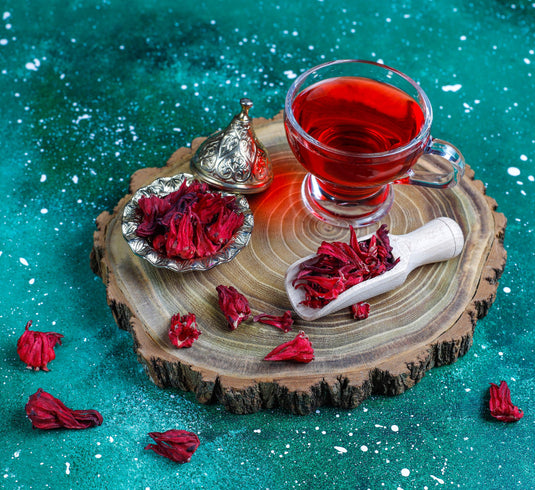The Sahyadri Hills, the Indian Biosphere, older than the Himalaya mountains and one of the world's ten hottest biodiversity hotspots also known as Western Ghats, spread in 1,80,000 sq km, which can give complexion to the world's largest tropical rain-forest - Amazon. It is home of 325 globally threatened species and 30% of all plant, fish, bird, and mammal species found in India. The region has a spectacular assemblage of large mammals - around 30 per cent of the world’s Asian elephant population and 17 per cent of the world’s existing tigers call this area their home.

The area has over 7,402 species of flowering plants, 1,814 species of non-flowering plants, 139 mammal species, 508 bird species, 179 amphibian species, 6,000 insects species and 290 freshwater fish species; it is likely that many undiscovered species live in the Western Ghats. It plays an important part in regulating the India's oxygen and carbon cycles. It has long been thought to act as a carbon sink, meaning it readily absorbs large amounts of carbon dioxide from the atmosphere.

As many as 58 major rivers originate here, including the sacred Godavari, the Cauvery and the Krishna. This UNESCO heritage site is traversing the state of Gujarat, Maharashtra, Goa, Kerala, Karnatka and Tamil Nadu.


The Tribes of the Nilgiris
Before the British opened up the high pastures of the Nilgiris in 1818 to the western civilisation, they were the preserve of four tribes: The Kotas, who gave their name to Kotagiri, made tools and music; the Badagas, who cultivated the land, the forest dwelling Kurumbas who collected honey and wood and also performed sorcery; and the Todas, who with their herds of sacred buffalo, provided milk and ghee.

Kurumbar are one of the six ancient tribal groups in Tamil Nadu. Traditionally the Kurumbas have subsisted as hunters and gatherers. They live very much in tune with Nature. Hunting and collecting forest produce are the two main means of living for the Kurumbar tribe. Today some Kurumba are field labourers or hunters who market jungle produce.

Living in jungles on the steep edges of the Plateau, they practice shifting cultivation and the foraging and trapping of small birds and animals. Early settlements were usually isolated, with Kurumbas living in caves or rock shelters, in dwellings near forest clearings, or in houses or huts in small hamlets interspersed with garden patches. Bananas, mangoes, jackfruit, maize, and chilies were the usual garden produce.

Today, with increasing population and deforestation, the Kurumbas have been forced to lower elevations of the plateau and subsist primarily by working on tea or coffee plantations.

Historically the Kurumbas have had a cooperative relationship with the other tribes that includes the exchange of goods and services. Kurumbas supply the tall poles used in Toda funeral rites, three types of baskets used by the Badagas, and often music for Badaga and Toda festivals. However, the activity for which the Kurumbas are best known has been the provision of sorcery.

Traditionally each Badaga commune appointed a specific Kurumba man to act as guardian and watchman to certain constituent villages. This was a lifelong appointment that passed from father to son. In addition to guarding, the watchman took part in the sowing and harvest festivals as an adjunct priest ( kani-kuruma ).

A number of other magical roles are played today by the Kurumbas. In the diviner ( kanigara ), exorcist ( devvagara ), and sorcerer ( odigara or odia ) roles a Kurumba, with the help of herbs, spells, and roots, can bring sickness or death to the enemy. The therapist ( maddugara ) functions as a medicine man and curer. Their tradition for sorcery remains but personal fear is now little felt by neighboring tribes people.



